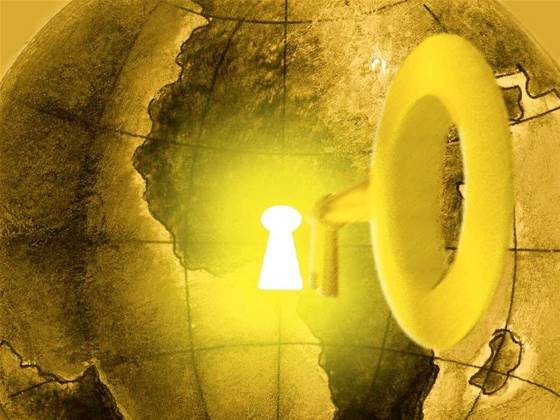A report in Business Week suggests that the exemption, which is in place for three years, covers computer programs that 'enable wireless telephone handsets to connect to a wireless telephone communication network, when circumvention is accomplished for the sole purpose of lawfully connecting to a wireless telephone communication network'.
Individual users could therefore legally unlock an iPhone until the exemption runs out in November 2009.
Lawyers for Apple and AT&T have tried to deter hackers from unlocking iPhones in order to protect the monthly service charges they receive.
The two firms are expected to claim that a statement within the DMCA protects the iPhone from being unlocked because it is a copyrighted work.
The DMCA bill reads: 'No person shall circumvent a technological measure that effectively controls access to a work protected under this title.'
However, users who unlock their iPhone will not escape AT&T network charges completely if they move to another carrier.
The Apple phone, which went on sale on 29 June, was sold with a two-year contract and includes an early termination fee of US$175.





_(20).jpg&h=140&w=231&c=1&s=0)





 iTnews Benchmark Awards 2026
iTnews Benchmark Awards 2026
 iTnews Executive Retreat - Security Leaders Edition
iTnews Executive Retreat - Security Leaders Edition
 iTnews Cloud Covered Breakfast Summit
iTnews Cloud Covered Breakfast Summit
 The 2026 iAwards
The 2026 iAwards












_(1).jpg&h=140&w=231&c=1&s=0)



